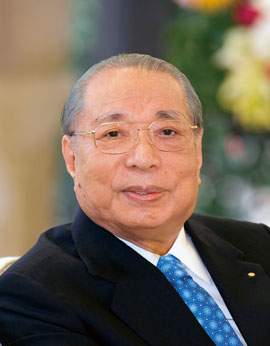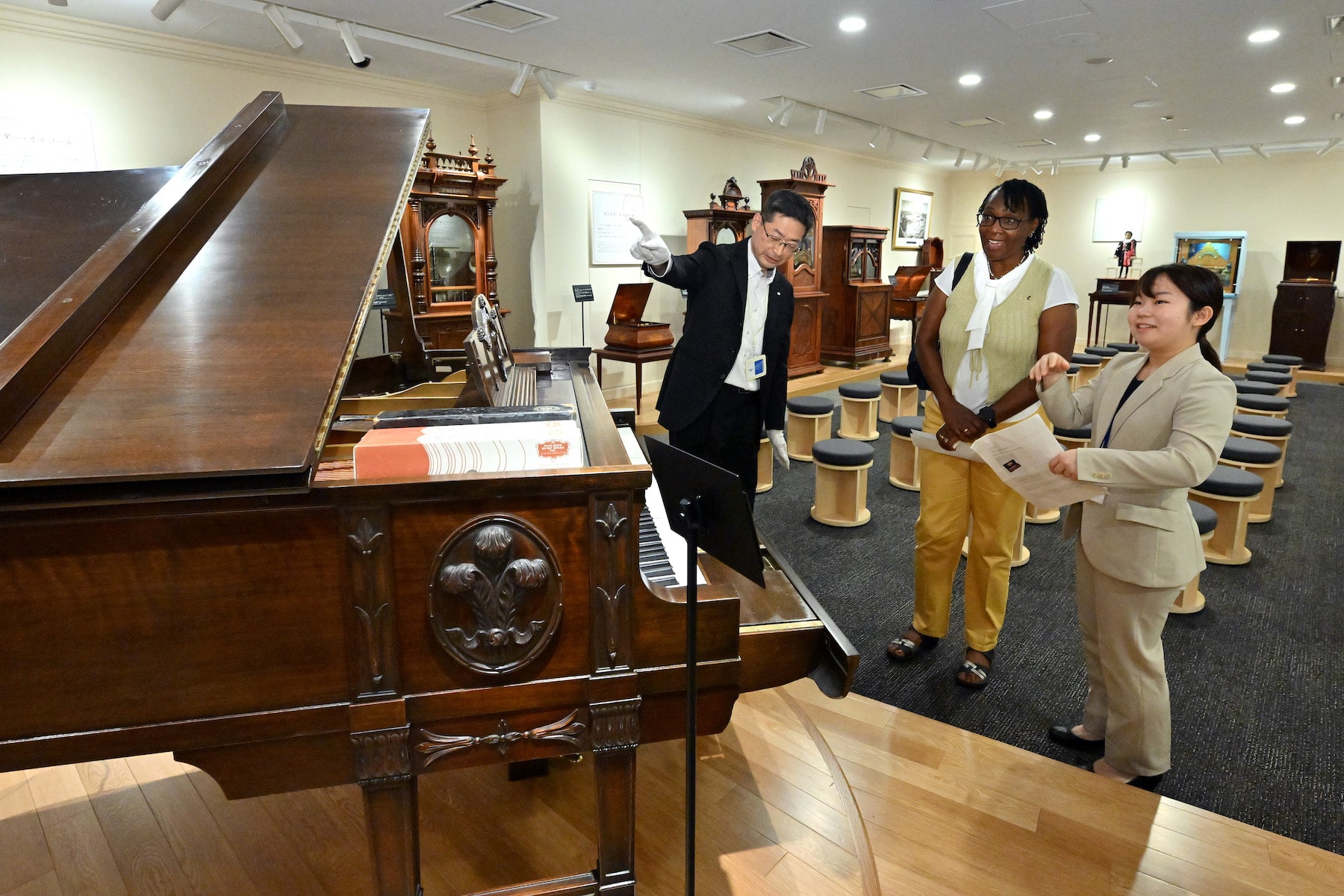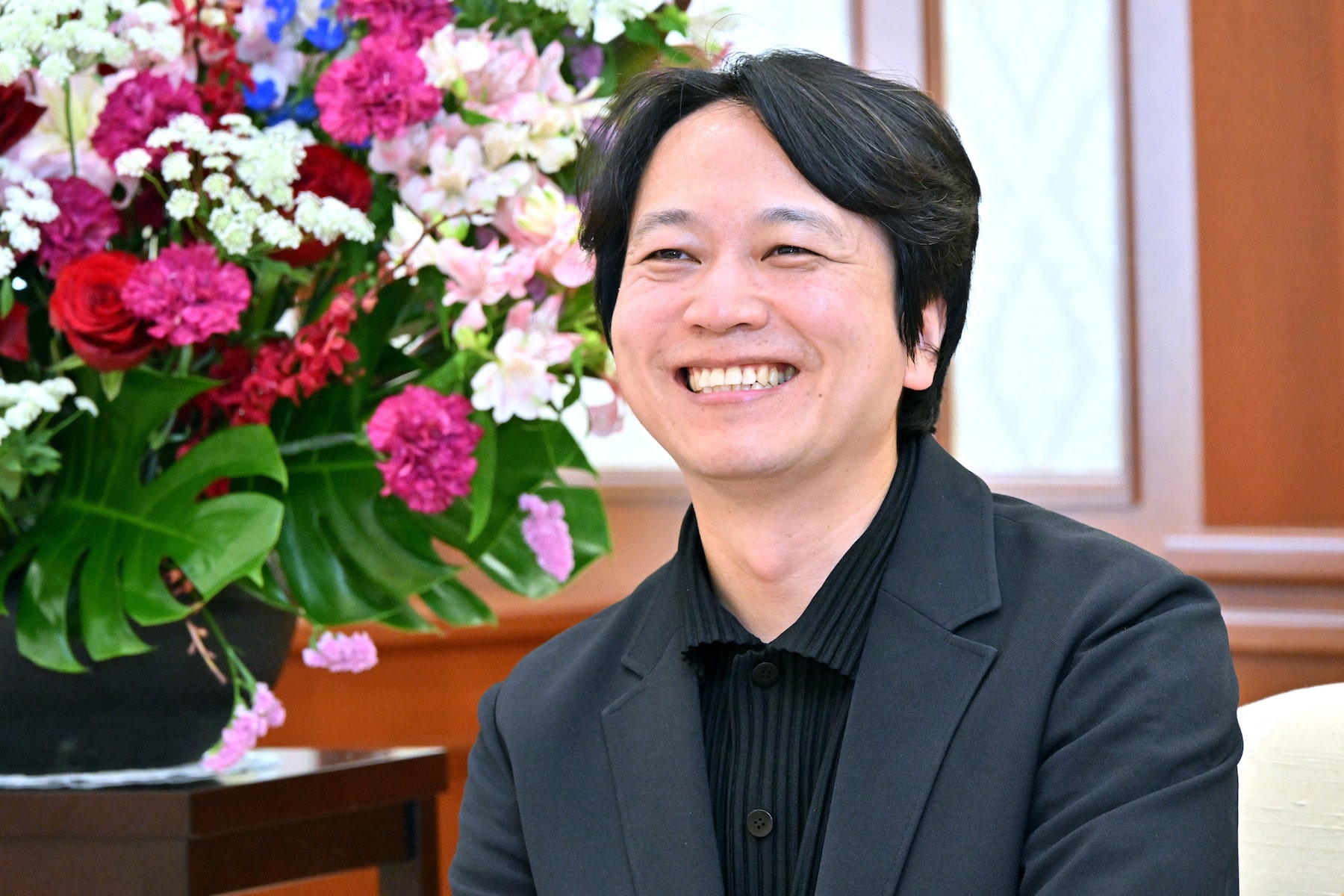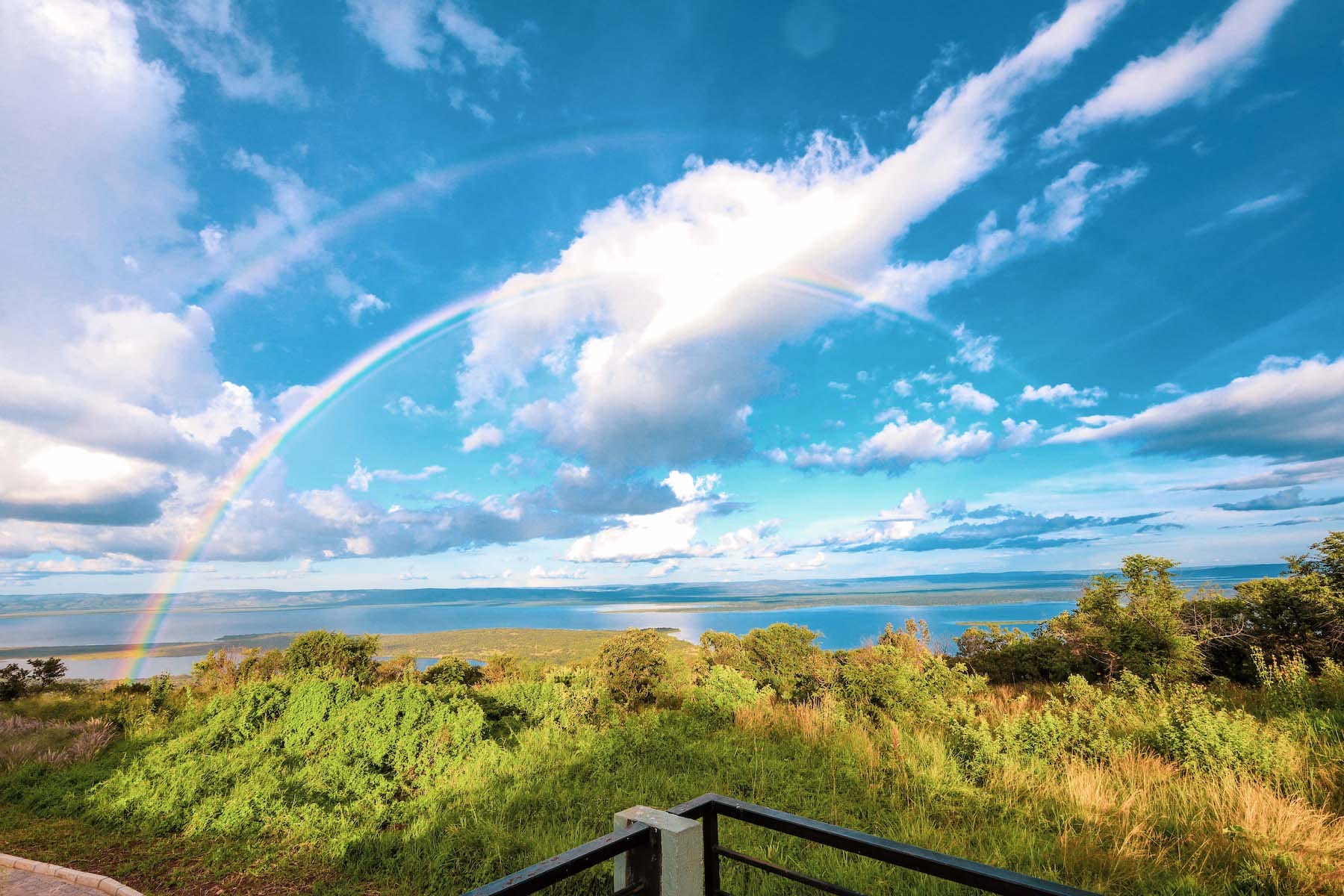About the Founder
 Daisaku Ikeda, Min-On Founder and President of the Soka Gakkai International
Daisaku Ikeda, Min-On Founder and President of the Soka Gakkai InternationalDaisaku Ikeda, founder of the Min-On Concert Association, is a Buddhist philosopher, peace builder, educator, as well as a prolific writer and poet. As a staunch proponent and practitioner of dialogue, he has engaged in discussions with a wide range of individuals from around the world in the spheres of culture, education, academia and politics. His dialogue partners have included Arnold Toynbee, Mikhail Gorbachev, Nelson Mandela, André Malraux, Rosa Parks, Linus Pauling, Elise Boulding, Joseph Rotblat, and a number of other influential figures actively involved in the worldwide shift to a culture of peace and mutual understanding. More than fifty of these dialogues have been published in book form. Currently, he is engaged in a new series, a “trialogue” with internationally acclaimed jazz musicians Herbie Hancock and Wayne Shorter.
Born in Tokyo in 1928, Mr. Ikeda experienced firsthand the tragic reality of war and militarism. In the chaos of post-war Japan, he came to embrace Buddhism through an encounter with the educator and pacifist Josei Toda, who had been imprisoned for his beliefs during World War II, and who later became the second president of the Buddhist lay organization Soka Gakkai (Value Creation Society). After President Toda’s passing, Mr. Ikeda was inaugurated as third president of the Soka Gakkai in 1960. As founder and president of the Soka Gakkai International (SGI) since 1975, he has developed and inspired the largest, most diverse international lay Buddhist association in the world today, promoting a philosophy of individual empowerment and social engagement to advance peace, culture and education.
The idea of establishing the Min-On Concert Association came to Mr. Ikeda during his first visit to India and Southeast Asia in February 1961—a year after becoming third president of the Soka Gakkai—as he was traveling over the battlefields of World War II from Burma (now Myanmar) toward Thailand and Cambodia where his elder brother and many others died during the war. Throughout the trip, he had been thinking about what was needed for humanity to break away from the tragedy of war and build lasting peace. He realized that some means of promoting mutual understanding among the peoples of the world was crucial, and that cultural exchange through music and the performing arts would be an essential part of this process. Thus, he decided to found an independent, nondenominational organization dedicated to promoting international exchange in the areas of music and the performing arts.
In addition to the Min-On Concert Association, Mr. Ikeda has founded a number of cultural, educational and peace research institutes around the world, including the Soka (Value Creation) schools in 1968—a nondenominational school system from kindergarten to university—the Institute of Oriental Philosophy in 1962, the Tokyo Fuji Art Museum in 1983, the Boston Research Center for the 21st Century in 1993 (renamed the Ikeda Center for Peace, Learning, and Dialogue in 2009), the Toda Institute for Global Peace and Policy Research in 1996, the Soka University of America in 2001, and many others. All of these institutions share a commitment to Soka-inspired values of peace and humanism, but function as independent organizations.






